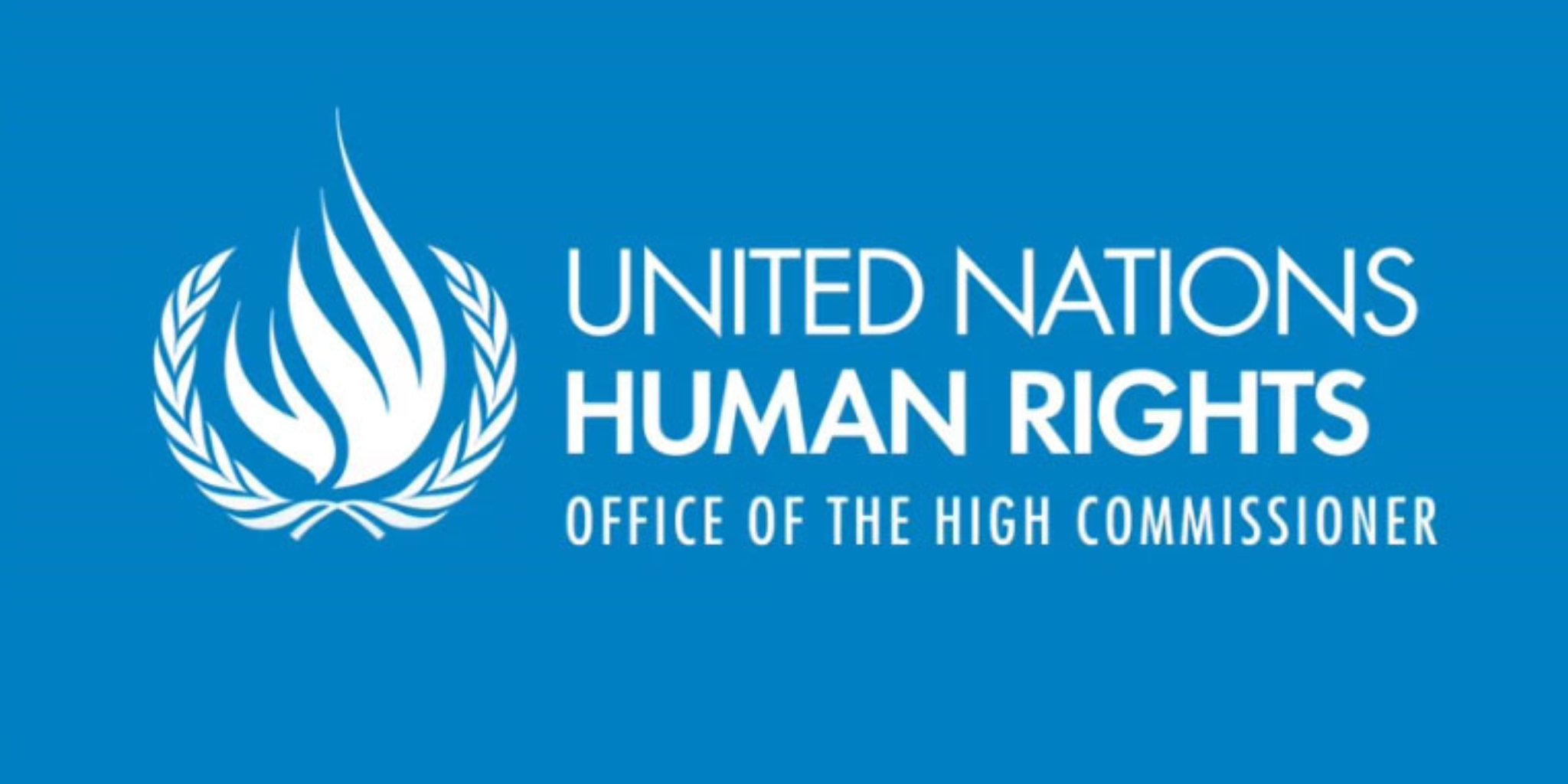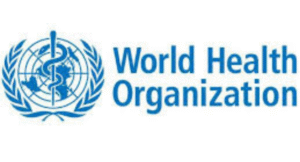
The United Nations experts have warned that Estonia is violating human rights laws by introducing legislation that effectively eliminates minority language education in the country.
Titled “Estonia: New law banning mother-tongue education for minorities may violate human rights, warn UN experts,” in a report published on Thursday, the UN experts said the new measures particularly affect Estonia’s Russian-speaking community.
According to the report, Ethnic Russians make up nearly a quarter of the country’s population.
Raising grave concern over the new legislation, which was adopted by the Estonian parliament in December 12, 2022, the UN experts said in a report published on the Office of the High Commissioner for Human Rights (OHCHR) website, that despite protests from parents and children, a number of Russian-language schools have been closed in recent years.
The report read in part: “UN human rights experts today expressed grave concern about new legislation that appears to eliminate minority language education”.
“Recent legislative amendments appear to severely restrict education in Estonia’s minority languages by making the transition to Estonian-language education compulsory for all pre-school and school institutions, including those operating in a minority language or bilingual institutions,” the UN experts said.
The “Act on Amendments to the Basic School and Gymnasium Act and Other Acts (Transition to Estonian-Language Education)”, adopted by the Estonian Parliament on 12 December, introduces restrictive and potentially discriminatory measures affecting the rights of ethnic and linguistic minorities in education.
The legislation reportedly allows “language and cultural studies” for minority children whose mother tongue or native language is not Estonian only under certain conditions, as part of these specific classes and for a short period of time.
“In other words, minority language has been effectively eliminated as a medium of instruction,” the experts said.
“By eliminating minority language instruction in pre-schools and schools, the new law severely restricts minority language education in Estonia, in contravention of international human rights instruments,” the experts added.
The UN experts have been in contact with the Estonian Government regarding these issues.
Meanwhile, the law adopted by Estonian parliament last December intended to facilitate a nationwide transition to Estonian-language education, according to RT.
Starting from 2024, all school teachers will be required to know Estonian at the level of C1 on the Common European Framework of Reference for Languages, while school principals and directors of studies were required to have the same level of proficiency by the beginning of this month.
Estonia’s push to diminish the use of Russian comes as the government in Tallinn, headed by Prime Minister Kaja Kallas, has thrown its support behind Ukraine in the conflict with Moscow and has cracked down on the Baltic state’s Russian residents.
In May, Estonian authorities threatened to arrest and fine anyone displaying “aggressor” symbols or listening to Soviet or Russian patriotic music, essentially outlawing the celebration of Victory Day over Nazi Germany.
In April, Tallinn also banned Russian nationals from entering the country, even if they owned real estate, unless they had EU residence permits or family members in Estonia.








